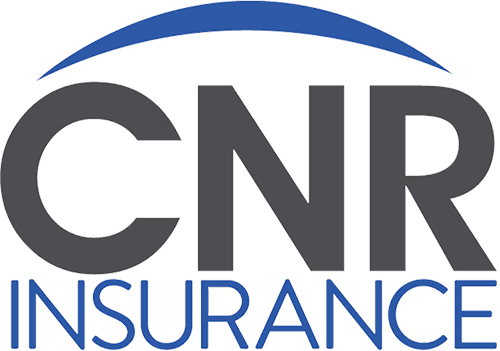How to prevent costly damage
When the temperature drops, frozen pipes are one of the biggest risks of property damage. In fact, a burst pipe can result in more than $5,000 in water damage, according to safety experts at the Insurance Institute for Business and Home Safety (IBHS).
Who are the most vulnerable?
Many businesses are not prepared to respond to a natural or man-made disaster. Small and home-based businesses are particularly at risk because they may have all of their operations concentrated in one location that could be damaged or destroyed. For home-based business owners, weather-related disaster could mean losing a home and a business at the same time.
You should treat your small or home-based business like a big business and make a plan for the unique risks you may face. It’s the best way to stay open for business.
How to prevent frozen pipes
Help prevent costly water damage caused by frozen pipes by using the following guidance recommended by IBHS and ERIE’s staff of risk control consultants:
- Provide a reliable back-up power source to ensure continuous power for heat at your workplace.
- Place a monitored automatic excess flow switch on the main incoming water line to provide early detection of a broken pipe or valve when the space is unoccupied.
- Seal all wall cracks and penetrations, including domestic and fire protection lines, electrical conduit, other utility service line, etc.
- Hire a central monitoring company for your indoor and outdoor fire protection sprinkler systems. They could provide early detection of a sprinkler pipe water flow and rupture due to freezing.
- Install insulation and/or heat trace tape with a reliable power source on various wet sprinkler system piping in buildings without heat or that are unoccupied. This includes main lines coming up from underground passing through a wall as well as sprinkler branch lines.
- Insulate all attic penetrations and ensure proper seals on all doors and windows.
- Be aware: The freezing point for water is 32 degrees. It doesn’t take subzero temperatures for a pipe problem to develop. If you suspect a frozen pipe, don’t take any chances. Call a plumber immediately.
While emergency planning ideally is a year round priority, the start of the severe weather season in your area is a good time to refocus your efforts. Go to disastersafety.org for more advice on preventing winter weather damage.
Erie Insurance offers Customers a variety of risk control services and disaster planning resources, including OFB-EZ™, a streamlined, business continuity planning toolkit developed by IBHS. It will help you develop a plan so your business can recover from business interruptions and resume operations. Contact your CNR Insurance agent today to learn more about the business safety services that are available to ERIE Customers. Be sure to ask us how ERIE’s staff of risk control consultants could help your business.

